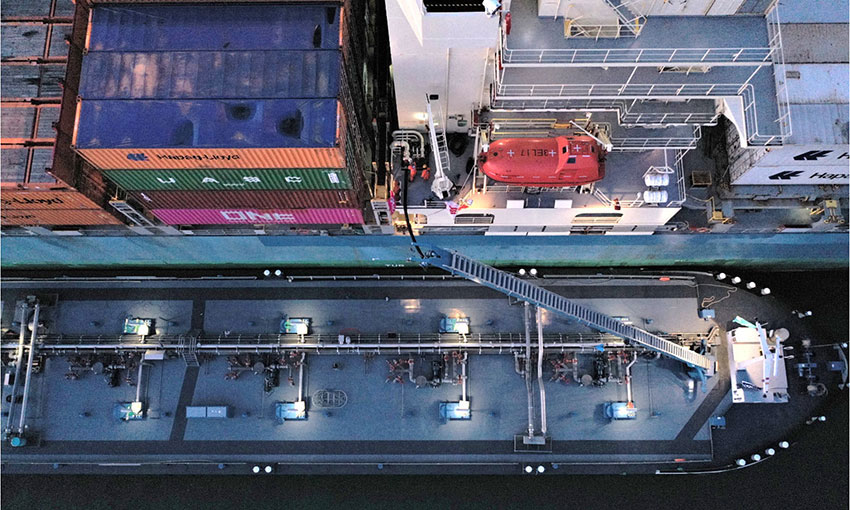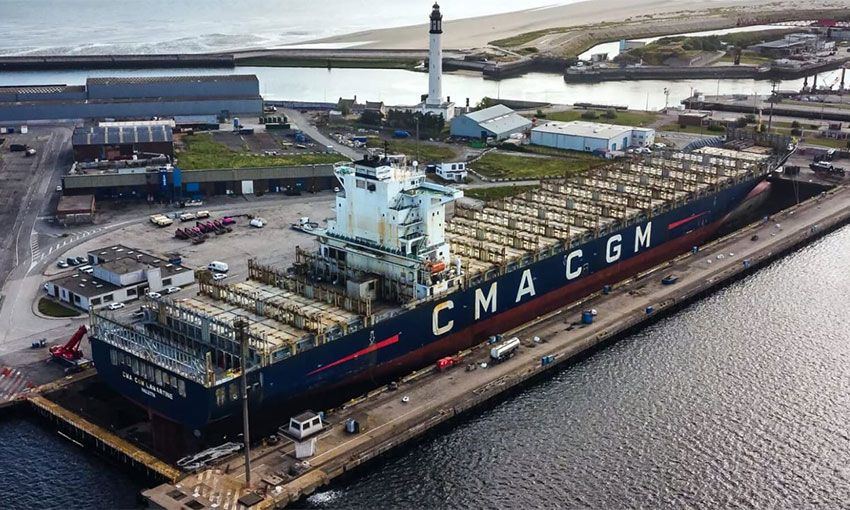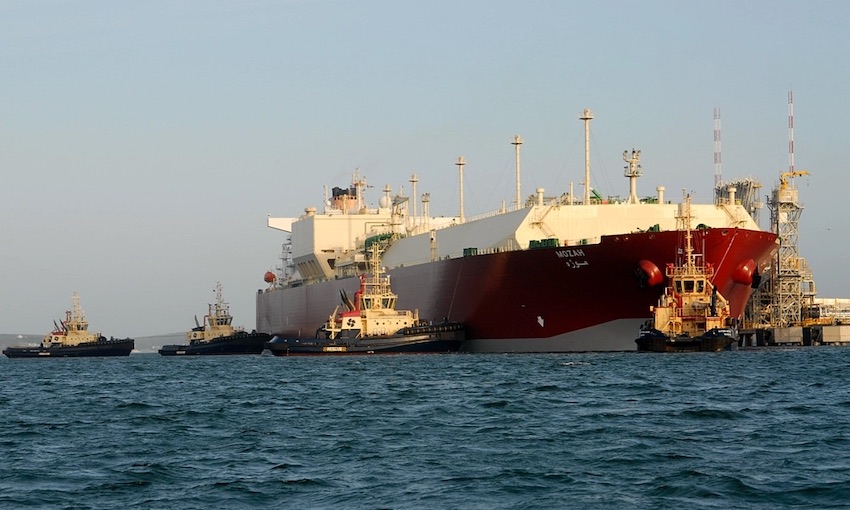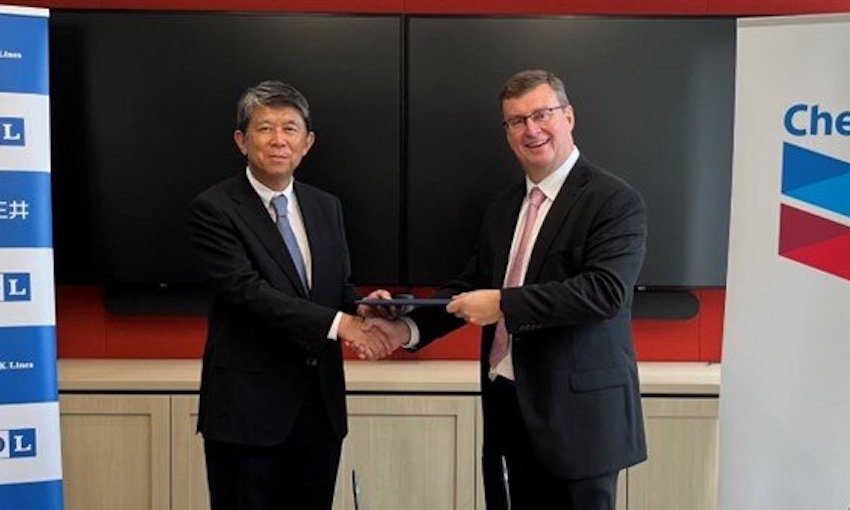A NEW tool is being developed to help ship operators determine which ports can accommodate alternative fuel vessels, according to the International Chamber of Shipping.
The ICS said the maritime industry is facing a fragmented future zero-emission fuel landscape, and ship operators are stalling on investment decisions due to a lack of clarity over where they’ll be able to access alternative fuels in ports around the world.
Fuelling the Fourth Propulsion Revolution, released by the ICS in May this year, suggested the shipping industry would require access to vast amounts of zero carbon emissions fuel – up to all the world’s current renewable energy output.
However, it noted the industry is positioned to play a fundamental role in delivering the fuels globally and would act as an enabler for governments and industries to achieve their climate targets.
The ICS said it is therefore vital that governments’ and port authorities’ port investment and infrastructure plans account for shipping’s future fuel need as well as their own carbon emission trading needs.
The ICS said the World Port Climate Action Programme is exploring such concerns through its working group on sustainable fuels.
Program partners are developing a new tool to assist ship operators and other stakeholders to assess the ability of individual ports to accommodate vessels for specific alternative fuels.
Their hope is that, if a shipowner has both ammonia-powered and biofuel-powered vessels in its fleet, the tool would provide more precise and up-to-date information about where the vessels can bunker zero-emissions fuels in the future.
This foresight intends to help the shipowners plan port calls and avoid the time and cost of re-routing to refuel at other ports.
“The considerations for a port call from a vessel using ammonia would be different to that for a vessel looking to bunker hydrogen or an e-methanol ship that needs repairs,” Port of Rotterdam’s Cees Boon said. Mr Boon spearheaded the development of the tool.
The tool, named Port Readiness Level for Alternative Fuels for Ships (PRL-AFS), intends to track the progress of ports and their ability to offer port call or bunkering services that would lead to its eventual status to accommodate vessels using specific alternative fuels.
“The operating landscape for ports and vessel operators is becoming increasingly complex and there is an urgent need for clarity about any limitations around port calls by vessels using alternative fuels,” sustainable fuels working group chair Namrata Nadkarni said.
“Operators want to know whether their vessel will be able to call at a particular port, the services they can expect at individual terminals, and if the port in question intends to expand these services in the future,” she said.
“The PRL-AFS and accompanying visualisation matrix will communicate this information at a glance, and will facilitate route planning for operators using exiting as well as future fuels.”
The sustainable fuels working group plans to test the PRL-AFS tool in the coming months and will seek stakeholder feedback from across the decarbonisation value chain.
It also plans to assess the applicability of the PRL-AFS tool for ports offering maintenance, repair and industrial services.





